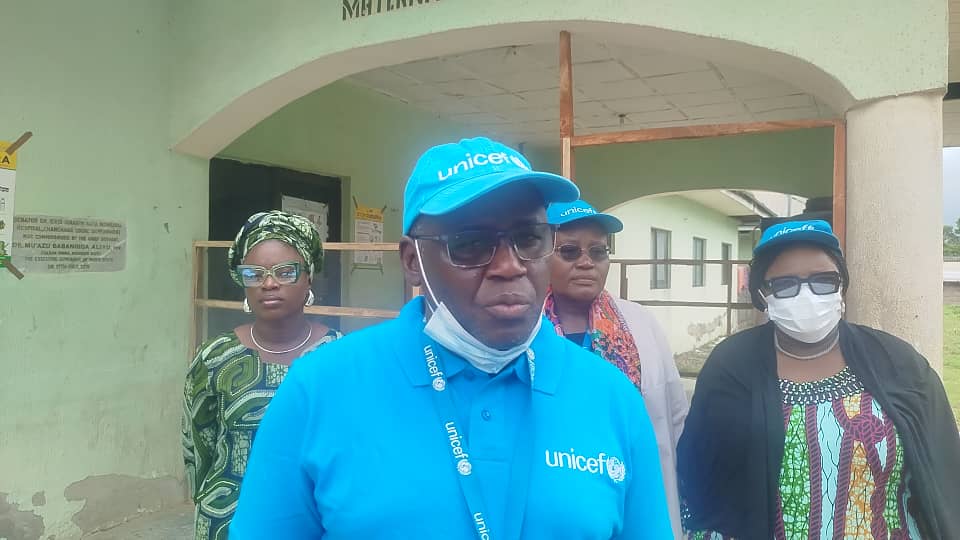A cholera outbreak in Niger State, Nigeria, has claimed 13 lives and hospitalized 297 individuals, with children disproportionately affected, according to health authorities and UNICEF. The crisis, now spreading across six local government areas—Shiroro, Minna, Bosso, Magama, Bida, and Munya—has prompted urgent interventions to curb infections and improve medical care.
Niger State’s Primary Health Care Commissioner, Dr. Ibrahim Dangana, confirmed the fatalities and noted a surge in hospitalizations from 240 to 297 cases in recent days. Thirteen patients are currently receiving treatment at an isolation center in Minna, established by the state government at the Senator Idris Ibrahim Kuta Primary Health Care Centre. UNICEF officials, assessing the facility’s capacity, warned that the outbreak could escalate without swift action.
“We mobilized support immediately after detecting the outbreak two weeks ago, but the loss of 13 lives, mostly children, is devastating,” said Dr. Gerida Birukila, UNICEF’s Chief of the Kaduna Field Office, during an inspection of the center. She emphasized efforts to upgrade the facility’s infrastructure to handle the influx, adding that 23 additional cases are under observation in nearby districts, though not all have tested positive for cholera.
UNICEF Health Specialist Dr. Sule Mele reported that half of over 200 rapid diagnostic tests conducted returned positive results, signaling a significant infection rate. “The caseload is likely to rise as the disease spreads beyond Minna,” he said, highlighting community sensitization campaigns and improved case management as critical response measures.
The outbreak’s toll on children has raised particular alarm, with minors accounting for the majority of fatalities and suspected cases. Limited access to clean water and sanitation in affected areas—common drivers of cholera transmission—underscores the urgency of containment efforts.
Local and international health teams are working to distribute medical supplies, bolster hygiene education, and isolate confirmed cases. However, challenges remain in regions with fragmented healthcare access, where delayed treatment increases mortality risks. Authorities urge residents to adhere to preventive measures, including boiling water and practicing hand hygiene, while surveillance teams monitor hotspots for new infections.
As aid agencies and the Niger State government coordinate their response, the crisis highlights vulnerabilities in public health infrastructure and the need for sustained investment in sanitation solutions to prevent future outbreaks.
